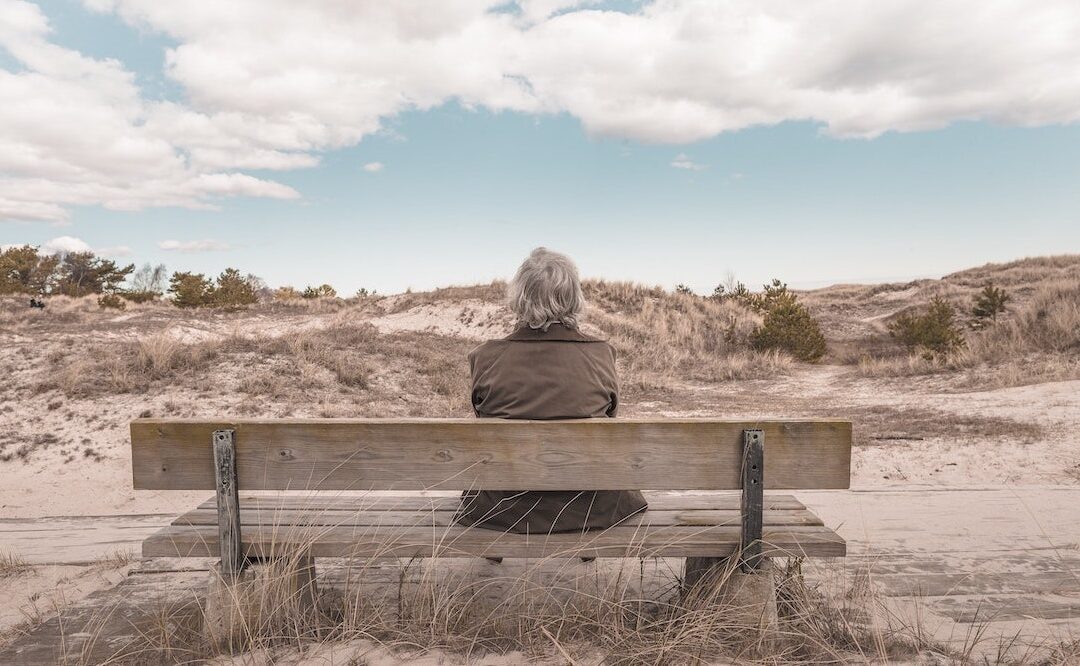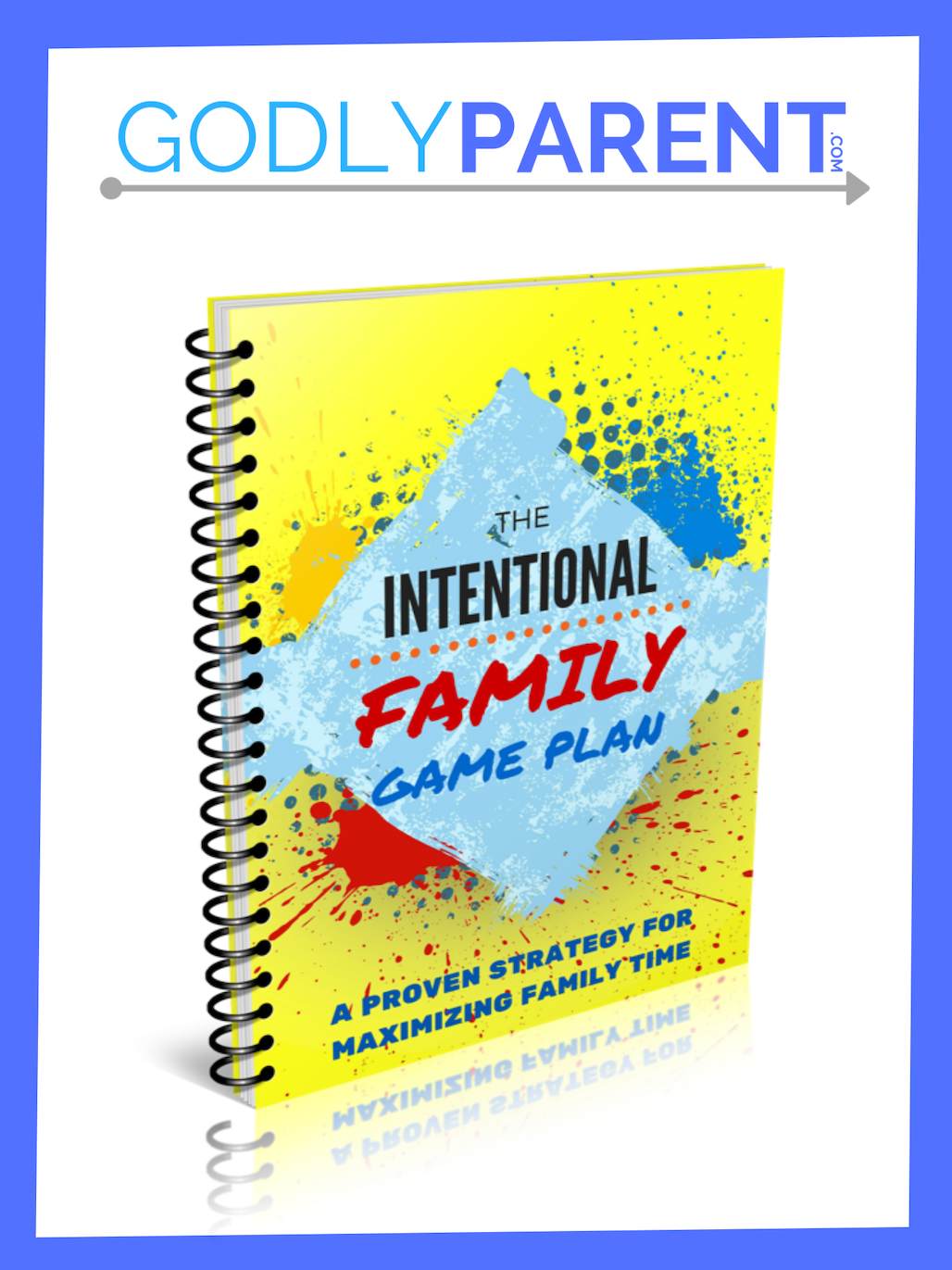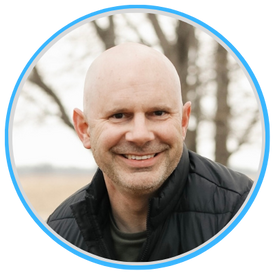You’ve probably noticed how easy it is to identify other people’s problems. For most of us it’s a natural gift. We can start picking people apart at first sight without ever even having met them. What talent! 😉
So why is it so hard it is to accept when other people do the same towards us by pointing out our own problems or faults? Why do we naturally dig in our heels when someone points out an area where we’re stuck in our own ways?
If multiple people think you have an issue that you don’t think is an issue, or if someone close to you has repeatedly tried to point something out to you, it might be time to lean in and pay closer attention. You may be lacking in the very important quality of self-awareness – the ability to see yourself the way others do. And you, and those you love, may be suffering because of it.
Whether you think you are, or know you aren’t a self-aware person, here are 3 keys to tapping into the power of self-awareness.
Admit you can’t do it alone.
If you live with someone who doesn’t have self-awareness, you know it, but they most likely don’t. This can make change very difficult.
You know how hard it is to change yourself. Now think of how hard it must be to try changing someone else.
Self-aware people are willing to admit that they need the input and advice of others in their life. And they don’t just allow it, they welcome it.
“If you are not changing, you are not growing. A self-aware person is a continually changing and improving person.”
Bear ye one another’s burdens, and so fulfil the law of Christ. For if a man think himself to be something, when he is nothing, he deceiveth himself. Galatians 6:2-3
Learn to ask the right questions.
People who aren’t self-aware rarely ask questions of others because they often think they already have all the answers.
As you become more self-aware, you will start to ask more questions. For example, whether as a parent, teacher, coach, pastor, or friend, a great question to ask is, “What is it like to be on the other side of me?” (What are some of my blind spots?)
Sometimes we don’t see what others see in us. We all have blind spots and we need those closest to us to help identify them. One of the best ways to do that is to humbly ask. Because the opposite of self-awareness is self-denial.
“One of the greatest dangers in life is believing that all your thoughts are true.” -Jon Acuff
Where no counsel is, the people fall: but in the multitude of counsellors there is safety. Proverbs 11:14
Accept the value of teachability.
As a person grows in self-awareness, they naturally grow in other areas as well, including teachability. Why? Because they will humbly welcome the input of others, rather than despise and resist it, even when it’s painful. They will take it to heart and make needed changes accordingly.
A teachable person is a constantly growing person and one who is not stuck in a rut of their own ways of thinking. Because for most people, it’s unlikely that they will ever change without a willingness to be honestly self-aware. And the older we get, the harder this becomes.
Every person is being formed, the question is who or what are we being formed into? And we will naturally become more of what we already are, unless through self-awareness we realize that’s not who we want to be.
“This is why most elderly people are either the best people you know or the worst. You don’t meet many middle-of-the-road 90 year olds.” -Mark Comer
For whom he did foreknow, he also did predestinate to be conformed to the image of his Son. Romans 8:29
So, which of these three could you focus on that hits closest to home for you?
If you’d like to go deeper, here are more of my thoughts on the power of self-awareness, and why some people will never change.



